JUNE 2012, Museums Journal
OLYMPICS AND MARBLES – OUR DEBTS TO GREECE
LONDON INTERNATIONAL COLLOQUY, 19TH JUNE 2012
EDDIE O'HARA, Chairman of the British Committee for the Reunification of the Parthenon Marbles
The Olympic games always remind us of our cultural debts to Greece . London Olympics 2012 brings this particularly close to home. This is why the British Committee for the Reunification of the Parthenon Marbles (BCRPM) is organising an international colloquy to link the Olympic spirit with their cause.
The colloquy is being organised in conjunction with the American Committee for the Reunification of the Parthenon Sculptures, the International Organising Committee - AUSTRALIA - for the Restitution of the Parthenon Marbles Inc. Our purpose is to review and renew our campaign. What have we to discuss?
Many of the traditional justifications for the retention of the Parthenon Marbles held in the British Museum are now historical curiosities, discredited variously as inconsequential, disingenuous, debatable, statistically dubious or just plain wrong . The one traditional argument which continues to be seductively persuasive is the “floodgates” argument, that the return of the Parthenon Marbles would set a precedent for a flood of claims for restitution which would empty our museums. This argument is specious, but anyway the BCRPM argues that it does not apply to the Parthenon marbles which are integral components of a fixed monument which is a Unesco World Heritage Site, hacked off and displayed in another country. In this they are arguably unique. Thus to reunite them with their monument need set no precedent. Indeed the onus of justification is for not doing so.
But, it is argued, the Parthenon cannot be restored to its original state with its marbles reattached. To this we respond that the Acropolis Museum is the one place on earth where it is possible to have a simultaneous visual and aesthetic experience of the Parthenon and its sculptures.
More recently the BM has rested its case on its supposed status as a “Universal” museum with a consequent higher order claim on the marbles than the merely “parochial” Acropolis Museum. The debate about “Universal” museums is well rehearsed in the professional literature. Suffice it to say here that BCRPM questions their claimed status and prerogatives. However it is good at least to see the argument turning to principles of museology. It would be even better to have a more open debate with the BM about the marbles in the context of collaboration, interdependence and cultural mobility. Why cannot the BM display their marbles in Athens and share responsibility for their display, curation and study with their Greek counterparts? Instead we have not so much a debate as an entrenched position based on the principle of “What we have we keep”.
Then there are the legal arguments for the retention of the marbles: the highly debatable question of whether Lord Elgin acquired them legally and whether this is testable by litigation; and whether it is or could legally become possible for the trustees of the BM to divest themselves of objects held in their trust.
Finally there is the issue of cultural injustice. The Greek state since its establishment has recognised the Parthenon as an iconic symbol of its cultural heritage. Any doubt about this has been dispelled by the recent publication of a set of contemporary facsimile documents demonstrating this early claim for the restitution of the marbles. According to the Faro convention it is a violation of the human rights of the Greeks to deny them the continued enjoyment of this cultural heritage.
This much and more for us to debate at our colloquy and much for us to decide as we take stock. But if there is one message which we wish to send out to the world it is this: as the London Olympics 2012 remind us once again of our many debts to Greece, there is one debt here in London which will not be repaid until the Parthenon Marbles are returned to Athens.
05.06.2012
Dear Eddie,
I’ve just read your piece in the current issue of MJ. Excellent: bravo!
It is by such well aimed salvos that we will chip away, bit by bit, at the rickety ethical structures that prop up the BM’s case for retention.
Best wishes,
Tristram
Tristram Besterman
Ahead of the London Colloquy 19 & 20 June, the Museums Journal poll, join the bebate
http://www.museumsassociation.org
Final poll result 73% for returning the Parthenon sculptures to Greece and 24% against.

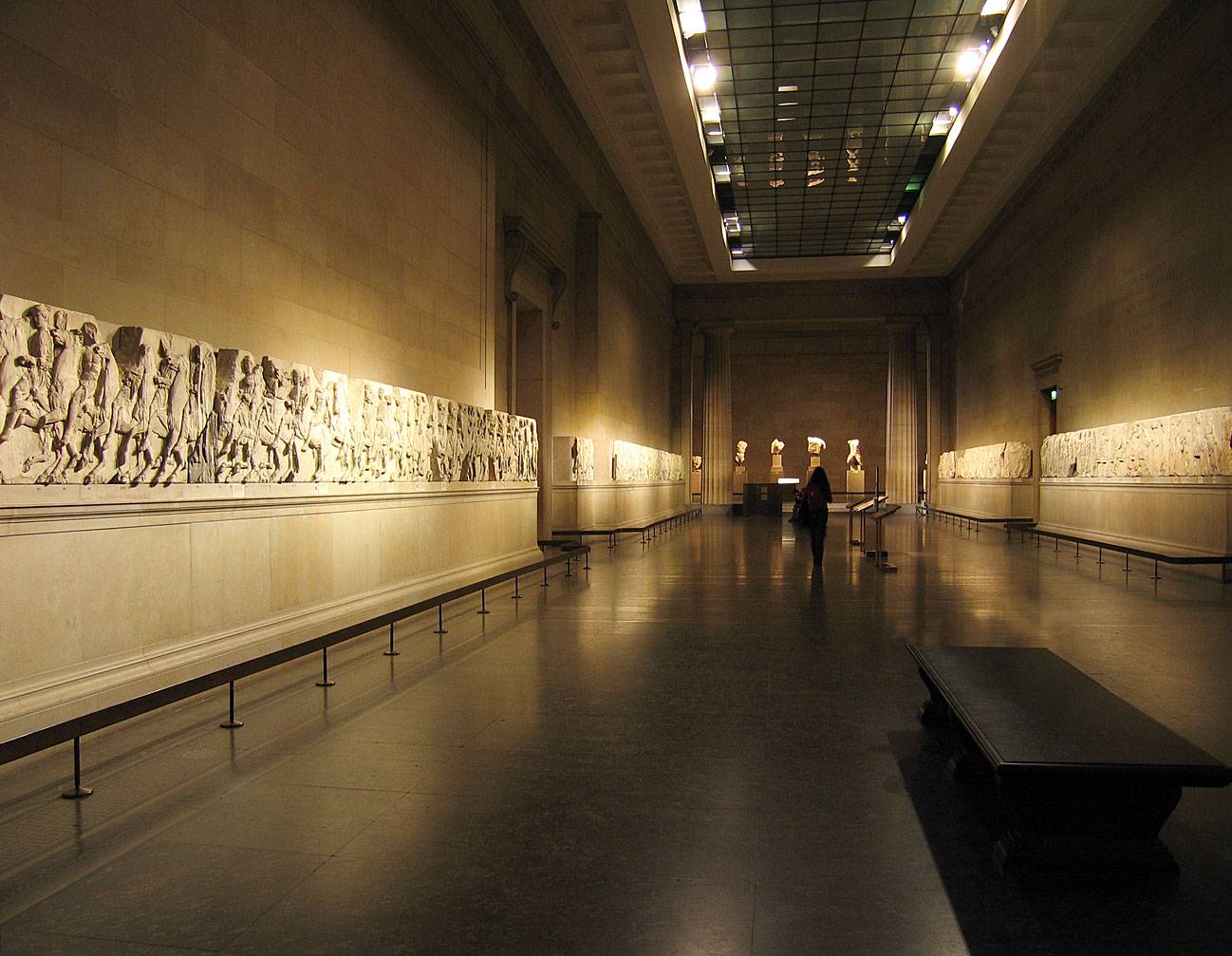
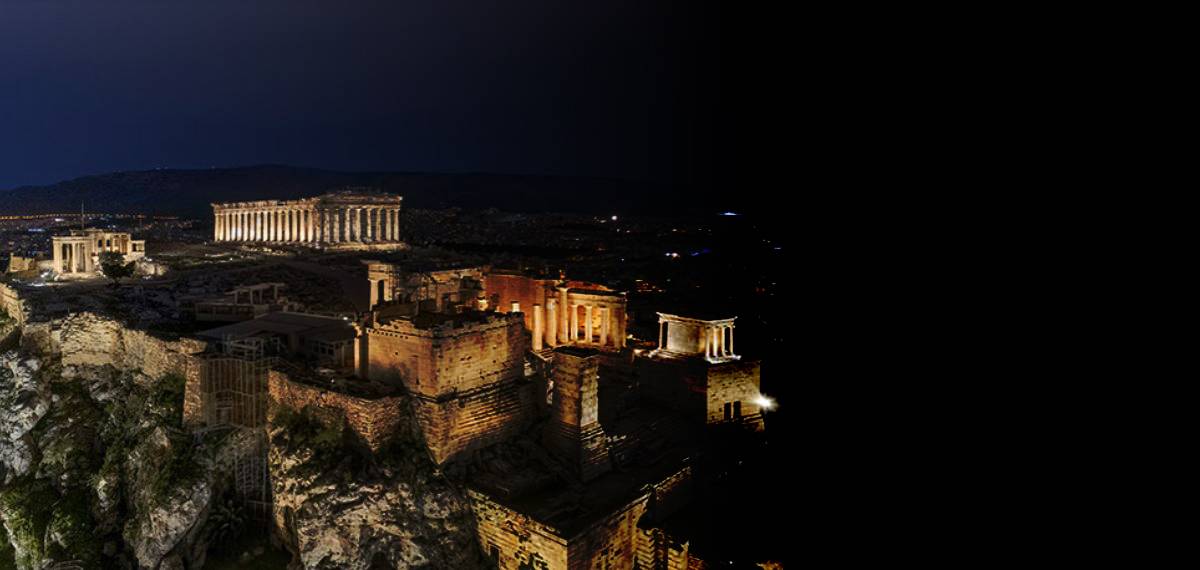
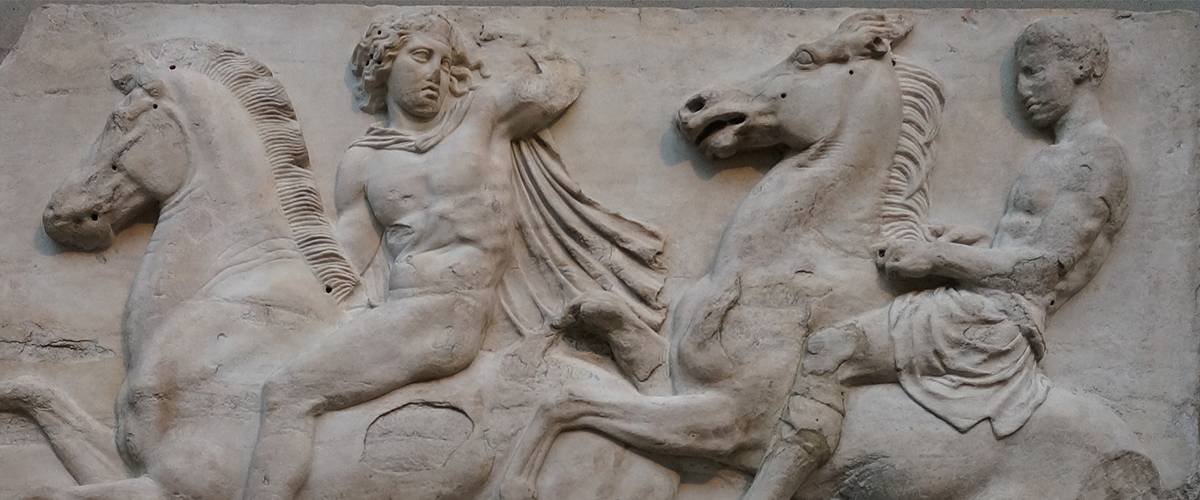

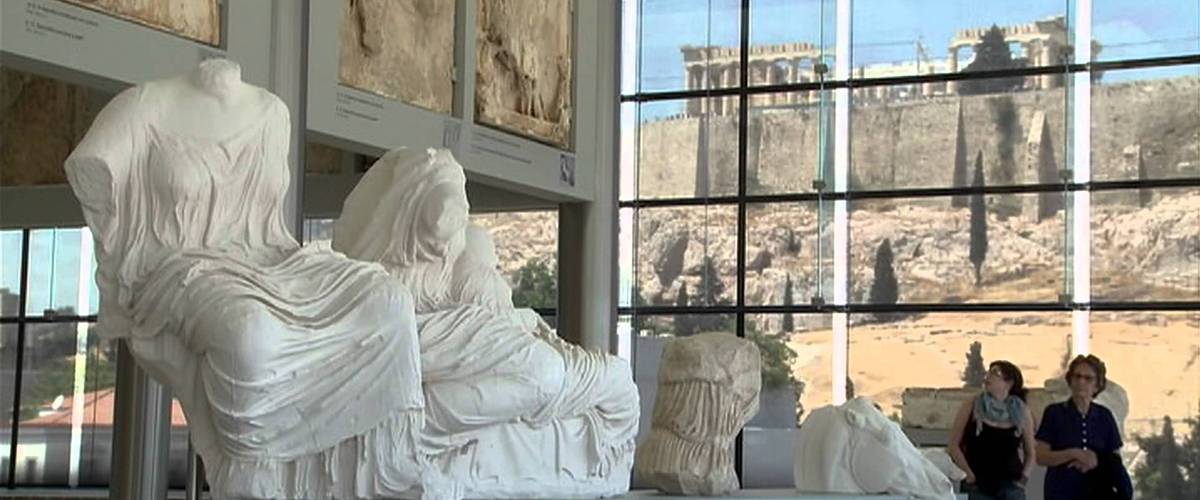
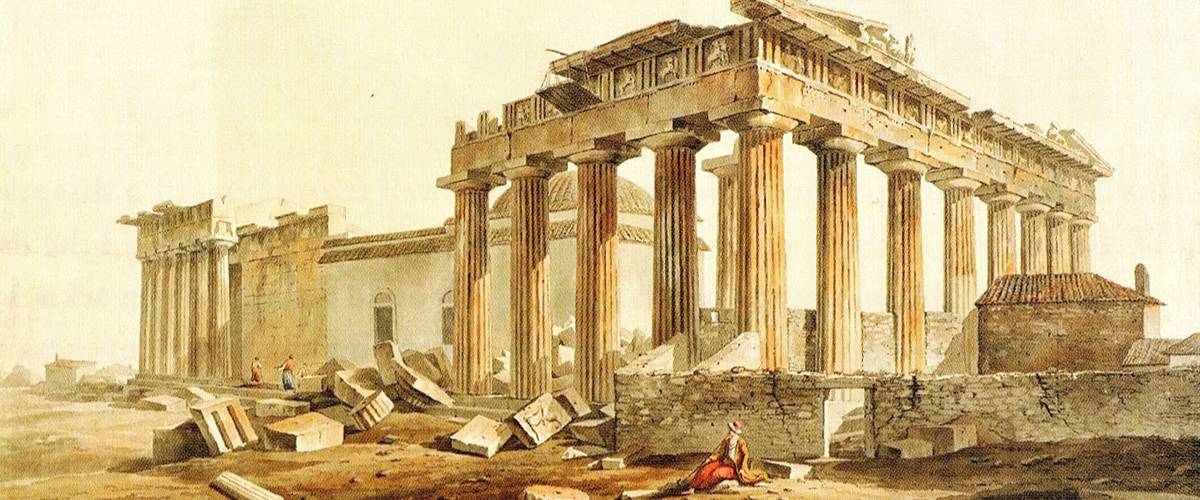

Comments powered by CComment